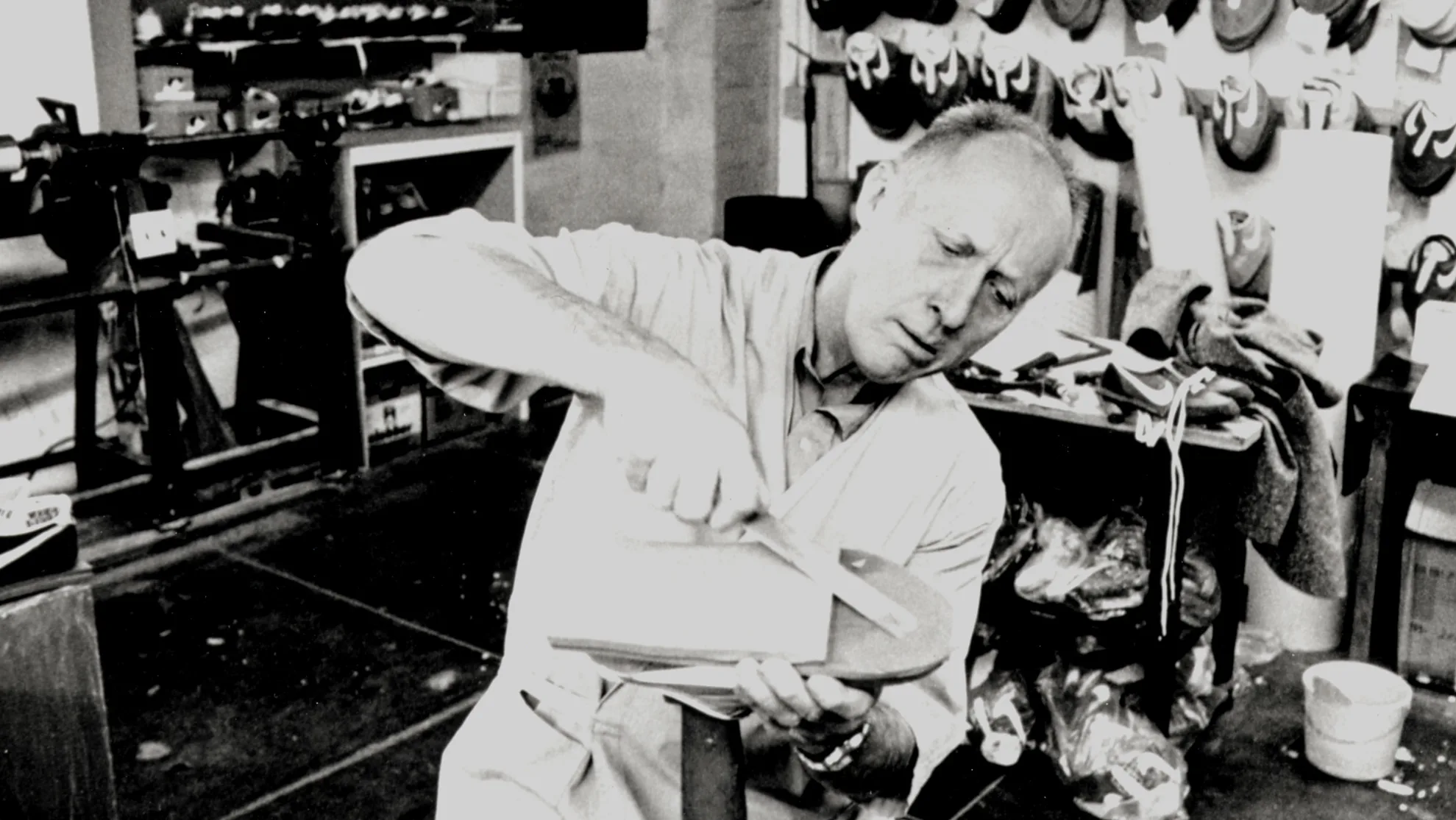 Few people in the history of American athletics have had as much influence but been as underappreciated as the renowned track and field coach Bill Bowerman. Bowerman is most recognized for being a co-founder of Nike and a trailblazer in the creation of sports shoes, but his influence goes well beyond shoes; he revolutionized coaching and athlete training.
Few people in the history of American athletics have had as much influence but been as underappreciated as the renowned track and field coach Bill Bowerman. Bowerman is most recognized for being a co-founder of Nike and a trailblazer in the creation of sports shoes, but his influence goes well beyond shoes; he revolutionized coaching and athlete training.
From 1949 until 1972, Bowerman oversaw the track and field program at the University of Oregon as its head coach. Under his leadership, the Ducks produced several Olympians, including the legendary Steve Prefontaine, and won four NCAA titles. However, what made him unique were his creative training methods and focus on biomechanics. Bowerman was a scientist as well as a coach, researching athletes’ movements and developing novel training plans that challenged the limits of performance.
His invention of interval training, which transformed the way distance runners trained for contests, is among his most significant contributions to sports. Future generations of runners were able to smash records because of his emphasis on speed work and recovery intervals, which enabled competitors to reach previously unheard-of levels of fitness.
Beyond his accomplishments as a coach, Bowerman’s impact extended well beyond the track. He reportedly started experimenting with materials in his home in the late 1960s after becoming dissatisfied with the lack of high-quality running shoe options. This led to the creation of the prototype for what would become Nike’s iconic footwear. In addition to revolutionizing the industry, his creative approach to shoe design gave athletes the performance boosts they required to succeed.
When talking about the titans of sports coaching, Bowerman’s name frequently gets lost in the shuffle despite his enormous accomplishments. But as coaches and athletes alike look to absorb his revolutionary ideas and approaches, a renewed interest in his legacy is beginning to emerge. In order to ensure that the principles he taught are not forgotten, documentaries, essays, and tributes are now shedding light on his work.
It’s evident that Bowerman’s vision went much beyond the track as the sports world reexamines his influence. He emphasized perseverance, self-control, and an openness to new ideas since he thought that an athlete’s thinking had great power. Bowerman’s all-encompassing teaching style is still applicable in a world where data and technology frequently seem to be the driving forces behind performance.
By honoring Bill Bowerman, we pay tribute to a coach who not only influenced the careers of innumerable athletes but also revolutionized the concept of leadership in sports. His legacy serves as a reminder that genuine innovation frequently originates from those who have the guts to question the existing quo and think creatively.

Leave a Reply
You must be logged in to post a comment.